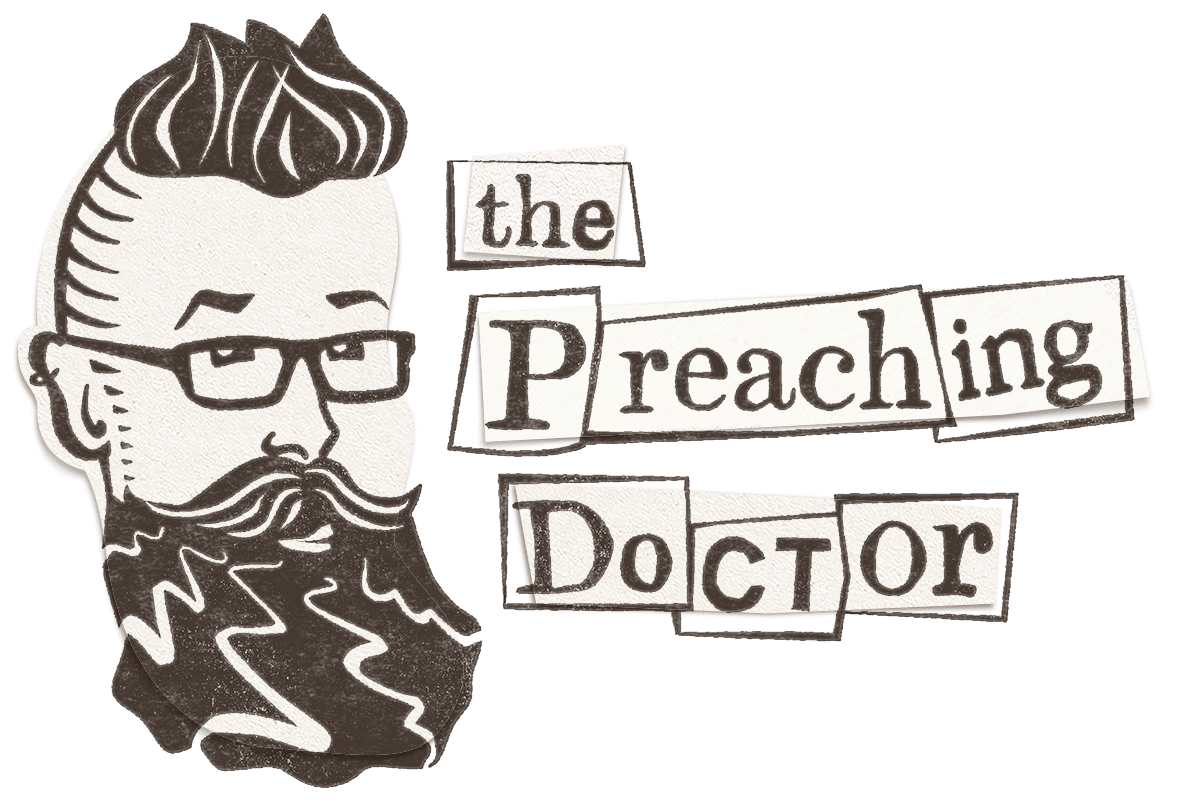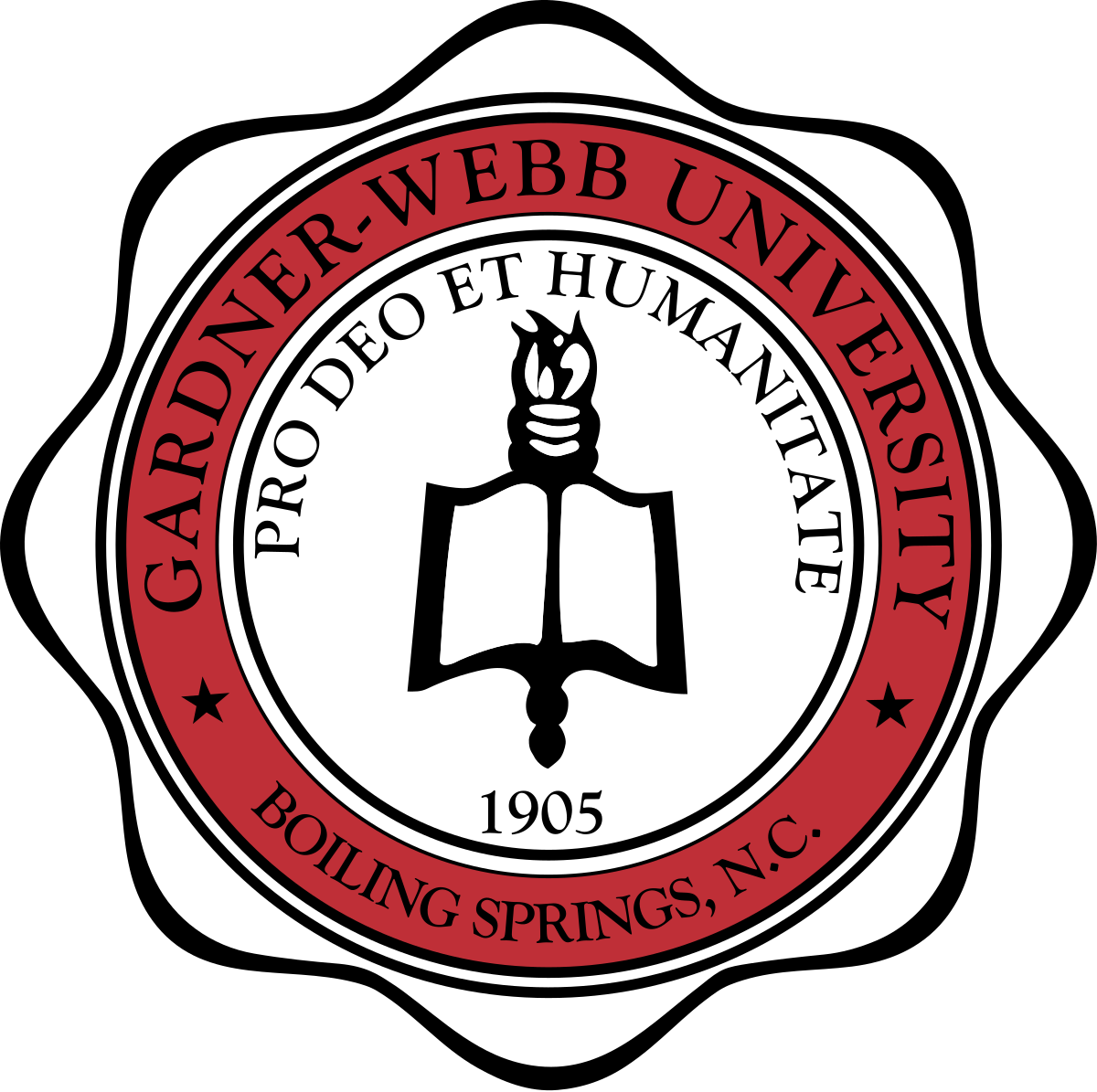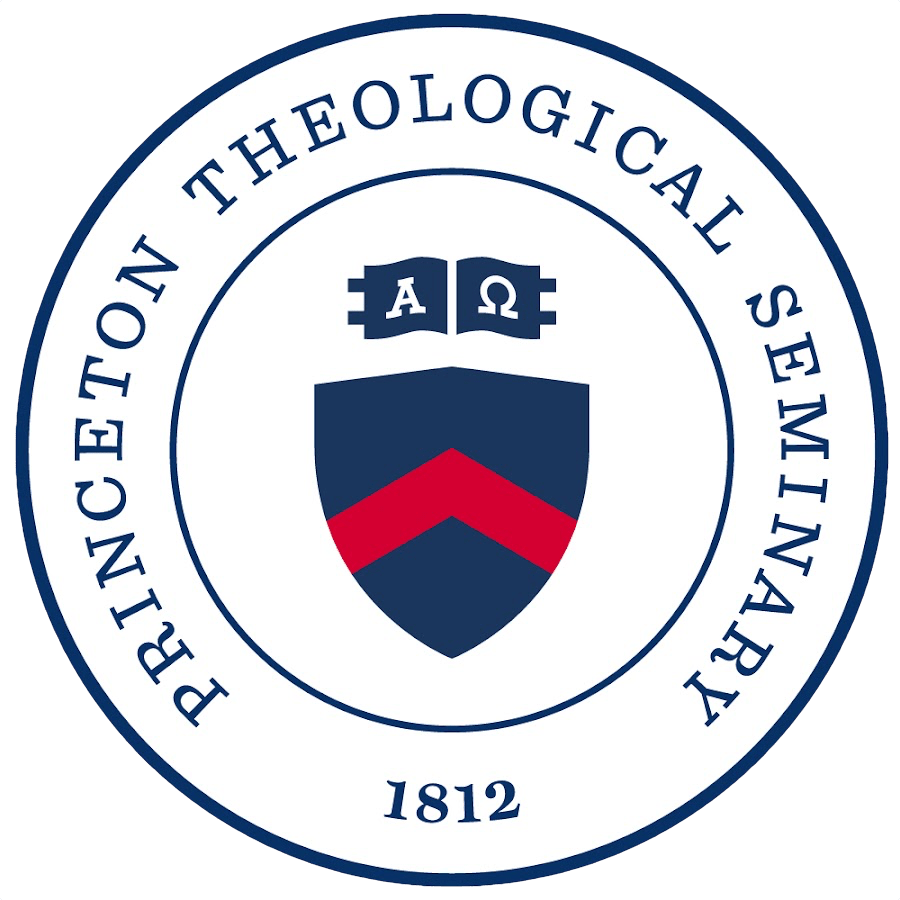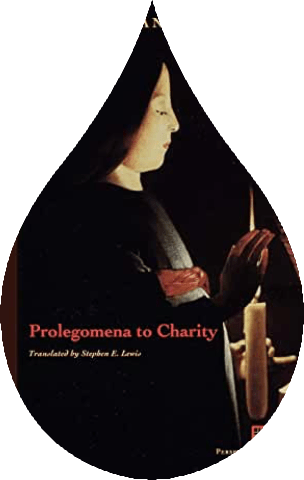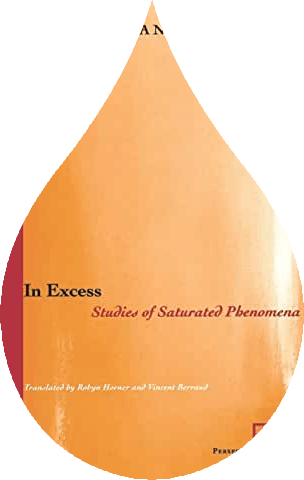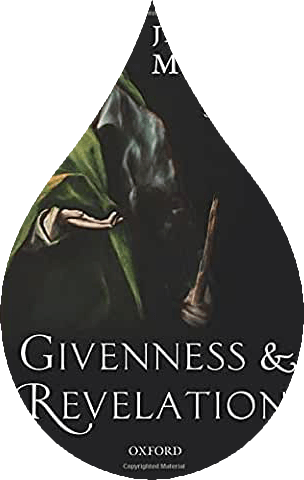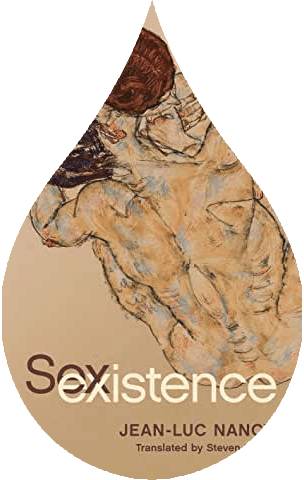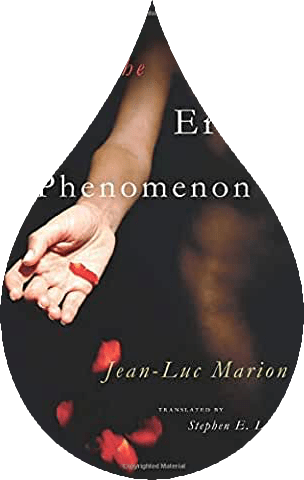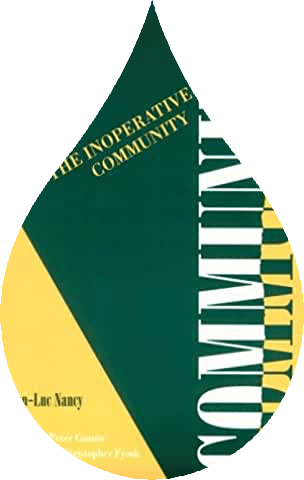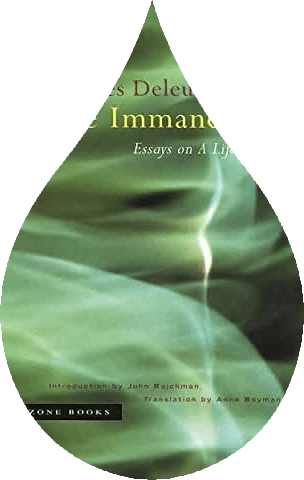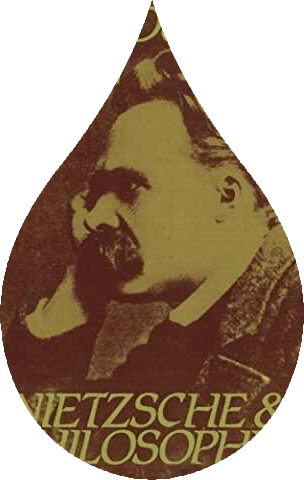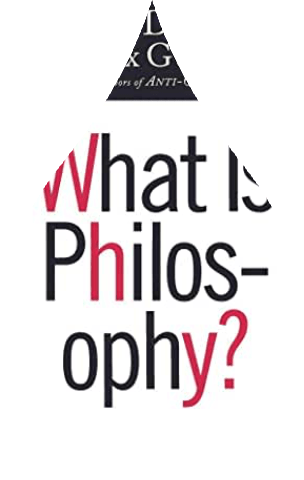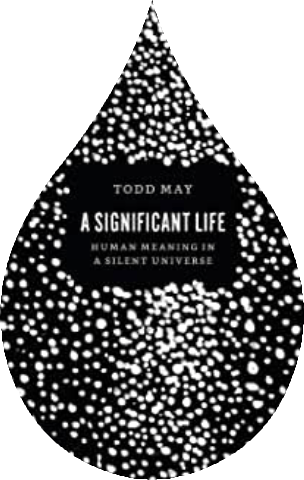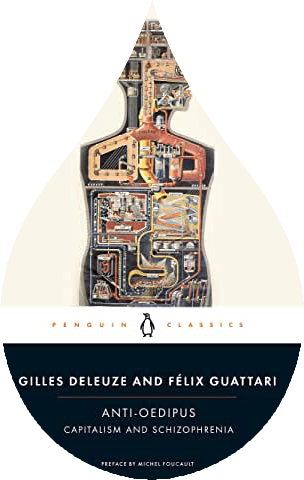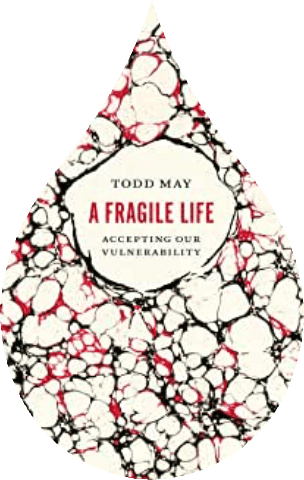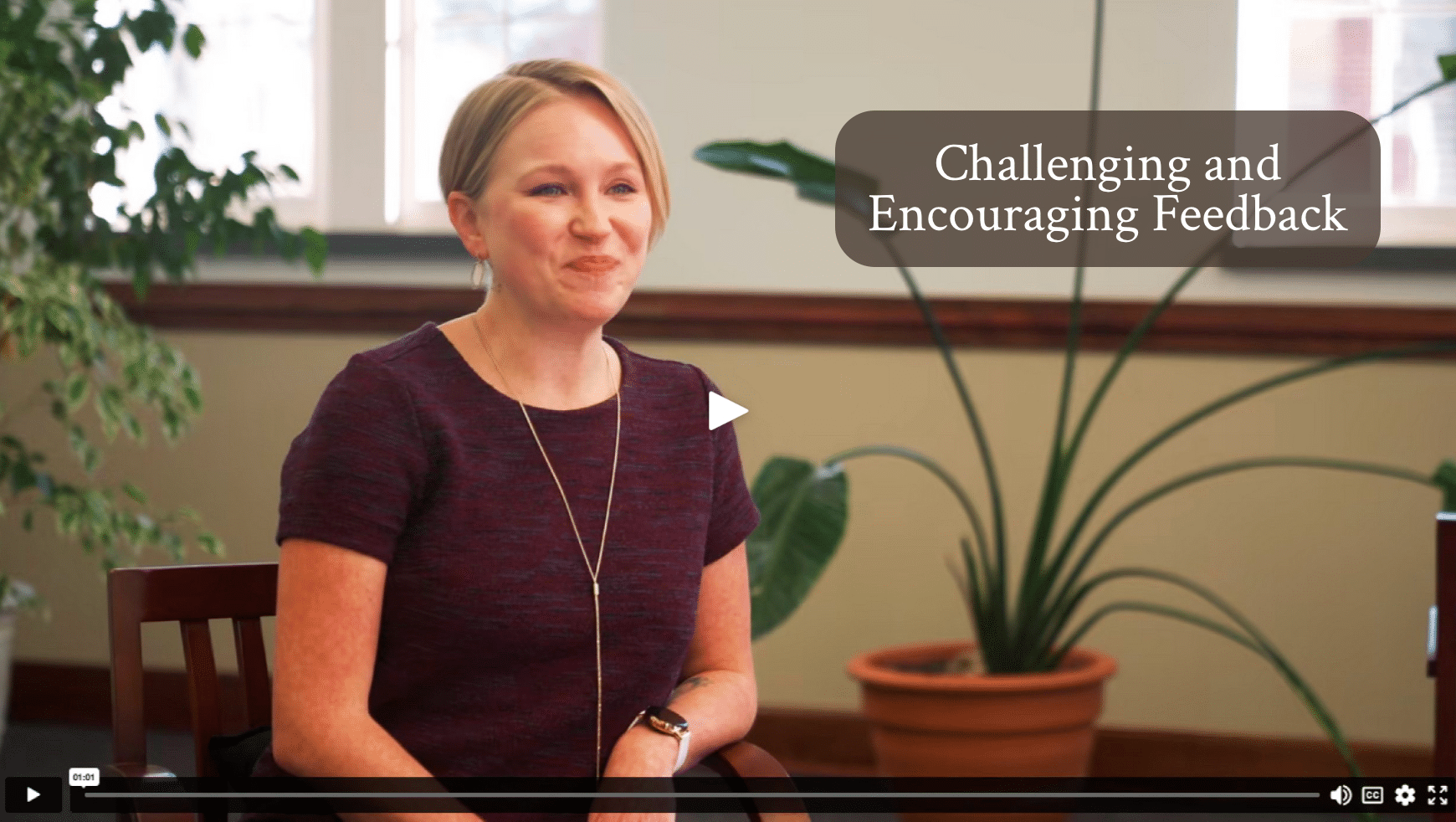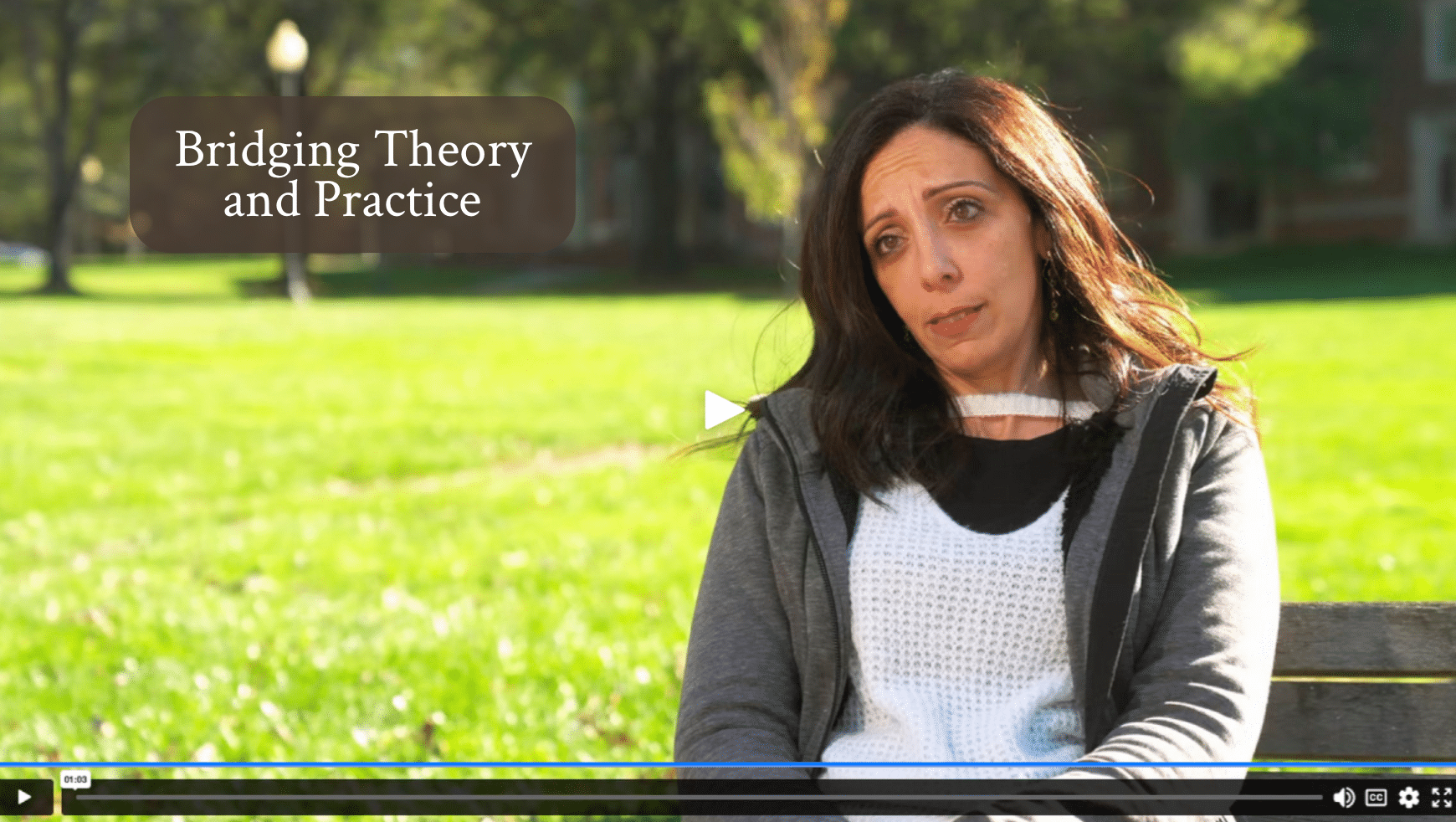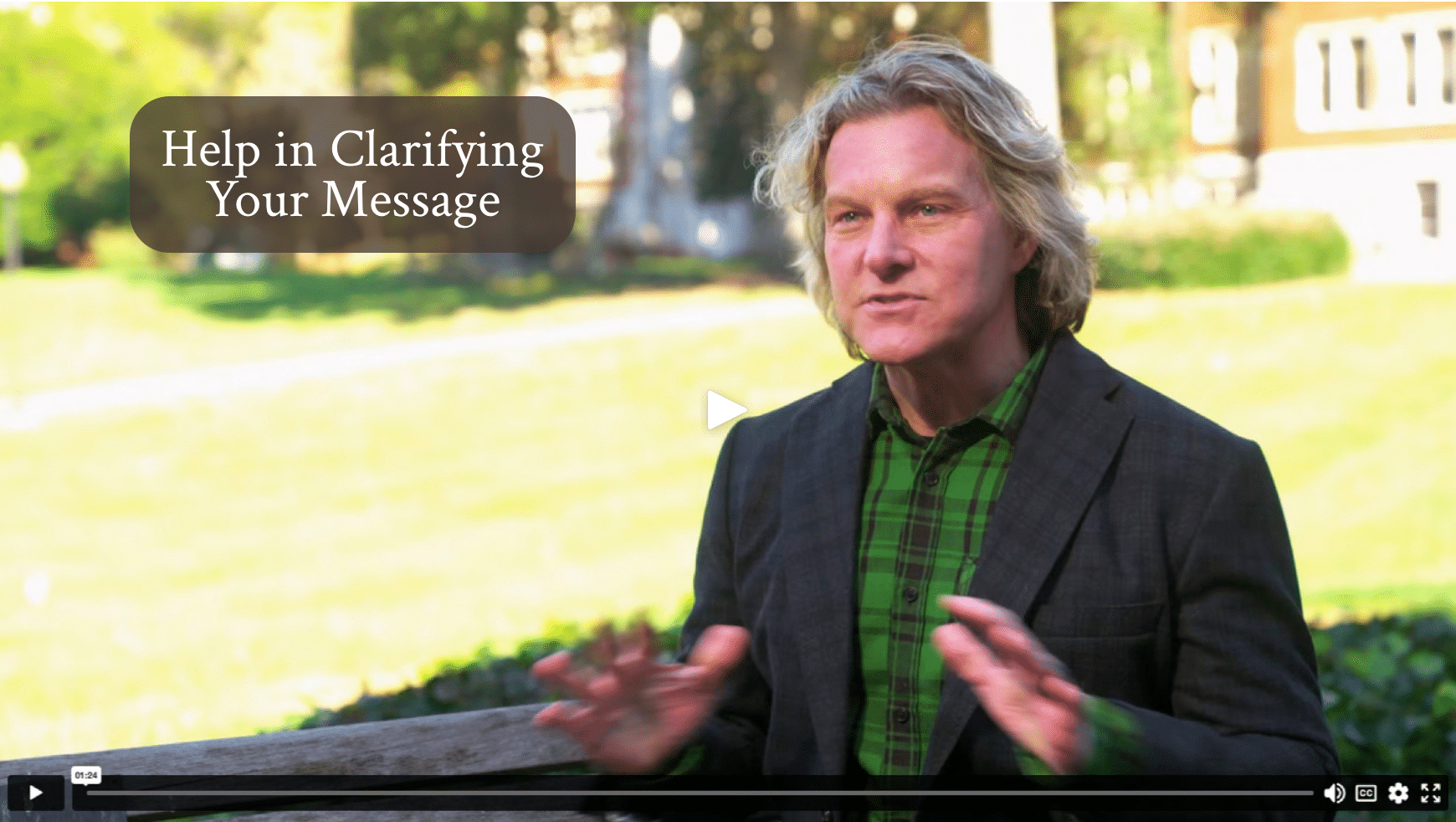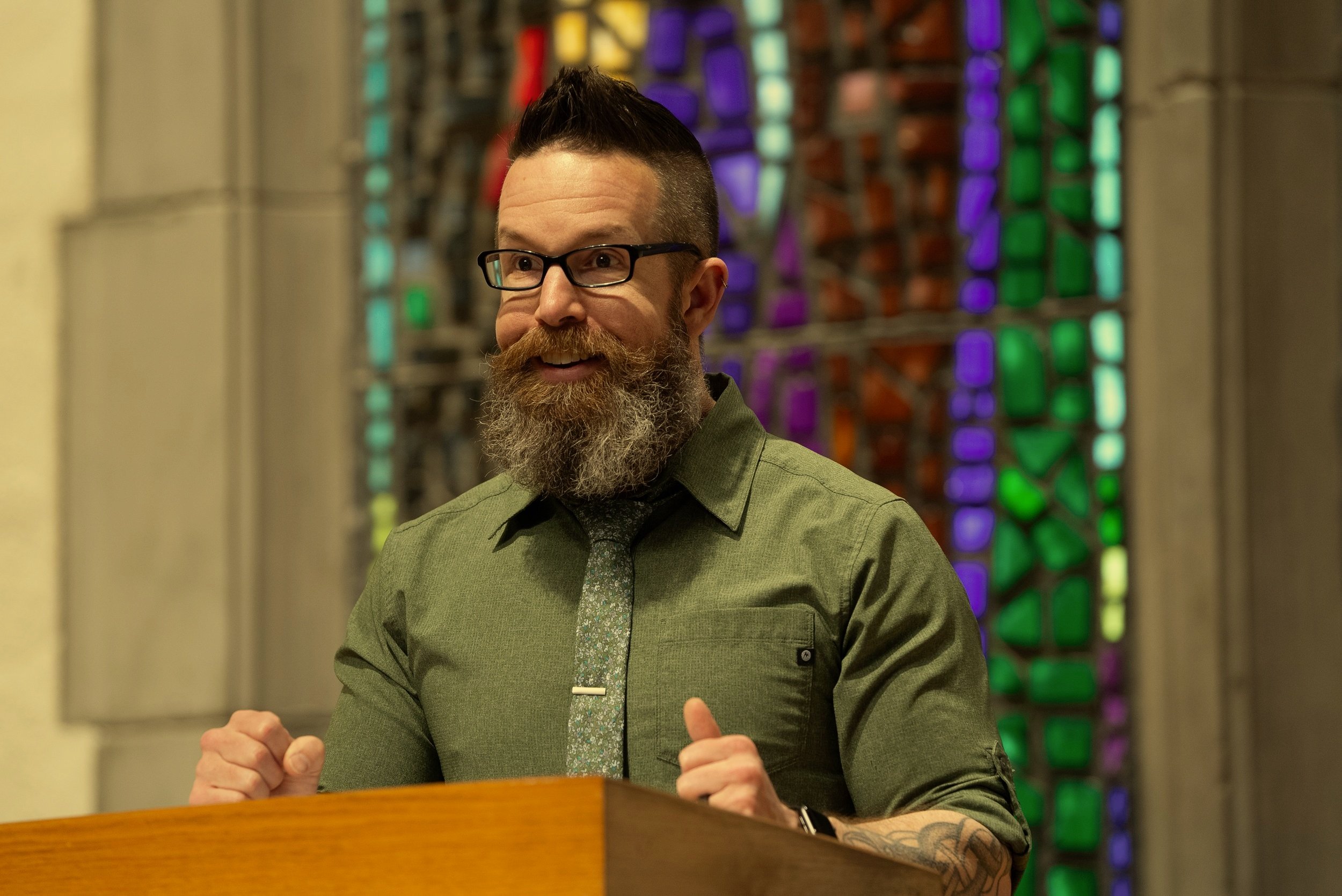
Learn from my
Fumbles
I still think about being on the middle school dance floor sometimes. What if no one wants to dance with me? What if they DO want to dance with me?
In my more redemptive reimaginings, I would have had a mentor just off to the side — someone to nudge my nerves in productive directions with an approving nod (or “tone it down” gesture, as the case may be). Then I might have the confidence to connect with my congrega, I mean, my classmates.
I still think about being on the middle school dance floor sometimes. What if no one wants to dance with me? What if they DO want to dance with me?
In my more redemptive reimaginings, I would have had a mentor just off to the side — someone to nudge my nerves in productive directions with an approving nod (or “tone it down” gesture, as the case may be). Then I might have the confidence to connect with my congrega, I mean, my classmates.
Traditional Training . . .
Let’s fast forward (phew). God has called me on a colorful and circuitous journey that I would trade for anything. First stop, a BA in Religious Studies and Philosophy from Gardner-Webb University. After spending a few years in youth ministry, I earned an MDiv degree from Princeton Theological Seminary.
. . . Meets the Real World
After graduating, I worked as a Habitat for Humanity house leader and a new church developer. I concentrated my efforts in one of the least-churched communities in Atlanta, where I played a bazillion games of poker in a weekly Texas Hold’em tourneys at the Vortex Bar & Grill. The relationships I nurtured led to weekly “theology on tap” conversations and alternative worship experiences that I curated for a motley crew of bohemians and hipsters.
I quickly discovered, however, that little from my theological education made sense to folks who’d been hurt or ignored by institutional Christianity. My dances moves just didn’t match the music.
These challenges continued as I transitioned into five years of ministry at a well-established, traditional church context where I developed and led an alternative worship gathering called rechurch. All the while, I continued to read and reflect on how to connect this ancient gospel with contemporary contexts and cultures.
Traditional Training . . .
Let’s fast forward (phew). God has called me on a colorful and circuitous journey that I would trade for anything. First stop, a BA in Religious Studies and Philosophy from Gardner-Webb University. After spending a few years in youth ministry, I entered Princeton Theological Seminary where I earned a Master of Divinity degree.
. . . Meets the Real World
After graduating, I worked as a Habitat for Humanity house leader and a new church developer. I concentrated my efforts in one of the least-churched communities in Atlanta, where I played a bazillion games of poker in a weekly Texas Hold’em tourneys at the Vortex Bar & Grill. The relationships I nurtured led to weekly “theology on tap” conversations and alternative worship experiences that I curated for a motley crew of bohemians and hipsters.
I quickly discovered, however, that little from my theological education made sense to folks who’d been hurt or ignored by institutional Christianity. My dances moves just didn’t match the music.
These challenges continued as I transitioned into five years of ministry at a well-established, traditional church context where I developed and led an alternative worship gathering called rechurch. All the while, I continued to read and reflect on how to connect this ancient gospel with contemporary contexts and cultures.
Traditional Training . . .
Let’s fast forward (phew). God has called me on a colorful and circuitous journey that I would trade for anything. First stop, a BA in Religious Studies and Philosophy from Gardner-Webb University. After spending a few years in youth ministry, I entered Princeton Theological Seminary for a Master of Divinity degree.
. . . Meets the Real World
After graduating, I worked as a Habitat for Humanity house leader and a new church developer. I concentrated my efforts in one of the least-churched communities in Atlanta, where I played a bazillion games of poker in a weekly Texas Hold’em tourneys at the Vortex Bar & Grill. The relationships I nurtured led to weekly “theology on tap” conversations and alternative worship experiences that I curated for a motley crew of bohemians and hipsters.
I quickly discovered, however, that little from my theological education made sense to folks who’d been hurt or ignored by institutional Christianity. My dances moves just didn’t match the music.
These challenges continued as I transitioned into five years of ministry at a well-established, traditional church context where I developed and led an alternative worship gathering called rechurch. All the while, I continued to read and reflect on how to connect this ancient gospel with contemporary contexts and cultures.
Renegade Reading
Desperate for resources and mentors, I started to read beyond the approved curriculum of my theological education. Folks like Jack Caputo, Richard Kearney, and Pete Rollins led me to dream bigger dreams for the church, and philosophers like Michel Foucault, George Yancey, Julia Kristeva, Jacques Derrida and others exposed many of the ideological assumptions I carried into ministry.
I began to imagine alternative ways of approaching preaching and worship. After five years of beautiful mistakes and spiritual serendipities, I discerned God calling me to pursue a PhD in homiletics and liturgics at Emory University. Here I became the mentor I needed in the early years of my ministry.
Renegade Reading
Desperate for resources and mentors, I started to read beyond the approved curriculum of my theological education. Folks like Jack Caputo, Richard Kearney, and Pete Rollins led me to dream bigger dreams for the church, and philosophers like Michel Foucault, George Yancey, Julia Kristeva, Jacques Derrida and others exposed many of the ideological assumptions I carried into ministry.
I began to imagine alternative ways of approaching preaching and worship. After five years of beautiful mistakes and spiritual serendipities, I discerned God calling me to pursue a PhD in homiletics and liturgics at Emory University. Here I became the mentor I needed in the early years of my ministry.
Renegade Reading
Desperate for resources and mentors, I started to read beyond the approved curriculum of my theological education. Folks like Jack Caputo, Richard Kearney, and Pete Rollins led me to dream bigger dreams for the church, and philosophers like Michel Foucault, George Yancey, Julia Kristeva, Jacques Derrida and others exposed many of the ideological assumptions I carried into ministry.
I began to imagine alternative ways of approaching preaching and worship. After five years of beautiful mistakes and spiritual serendipities, I discerned God calling me to pursue a PhD in homiletics and liturgics at Emory University. Here I became the mentor I needed in the early years of my ministry.
passing it on
Since then, I’ve helped equip the next generation of preachers and church leaders at Columbia Theological Seminary where I serve as the Wade P. Huie, Jr. Associate Professor of Homiletics. With hundreds of former students working in situations more complex and varied than seminary can model, I have come to believe that all preachers should be able to access continuing support and training, for their own wellbeing and the health of their congregations.
I’m still hopeless at the Cabbage Patch and the Funky Charleston. But I can be that friend in the corner, helping you toward more faithful, creative, and transformative preaching.
passing it on
Since then, I’ve helped equip the next generation of preachers and church leaders at Columbia Theological Seminary where I serve as the Wade P. Huie, Jr. Associate Professor of Homiletics. With hundreds of former students working in situations more complex and varied than seminary can model, I have come to believe that all preachers should be able to access continuing support and training, for their own wellbeing and the health of their congregations.
I’m still hopeless at the Cabbage Patch and the Funky Charleston. But I can be that thoughtful friend in the corner, helping you move toward more faithful, creative, and transformative preaching.
Since then, I’ve helped equip the next generation of preachers and church leaders at Columbia Theological Seminary where I serve as the Wade P. Huie, Jr. Associate Professor of Homiletics. With hundreds of former students working in situations more complex and varied than seminary can model, I have come to believe that all preachers should be able to access continuing support and training, for their own wellbeing and the health of their congregations.
I’m still hopeless at the Cabbage Patch and the Funky Charleston. But I can be that friend in the corner, helping you toward more faithful, creative, and transformative preaching.
passing it on
What Folks are Saying
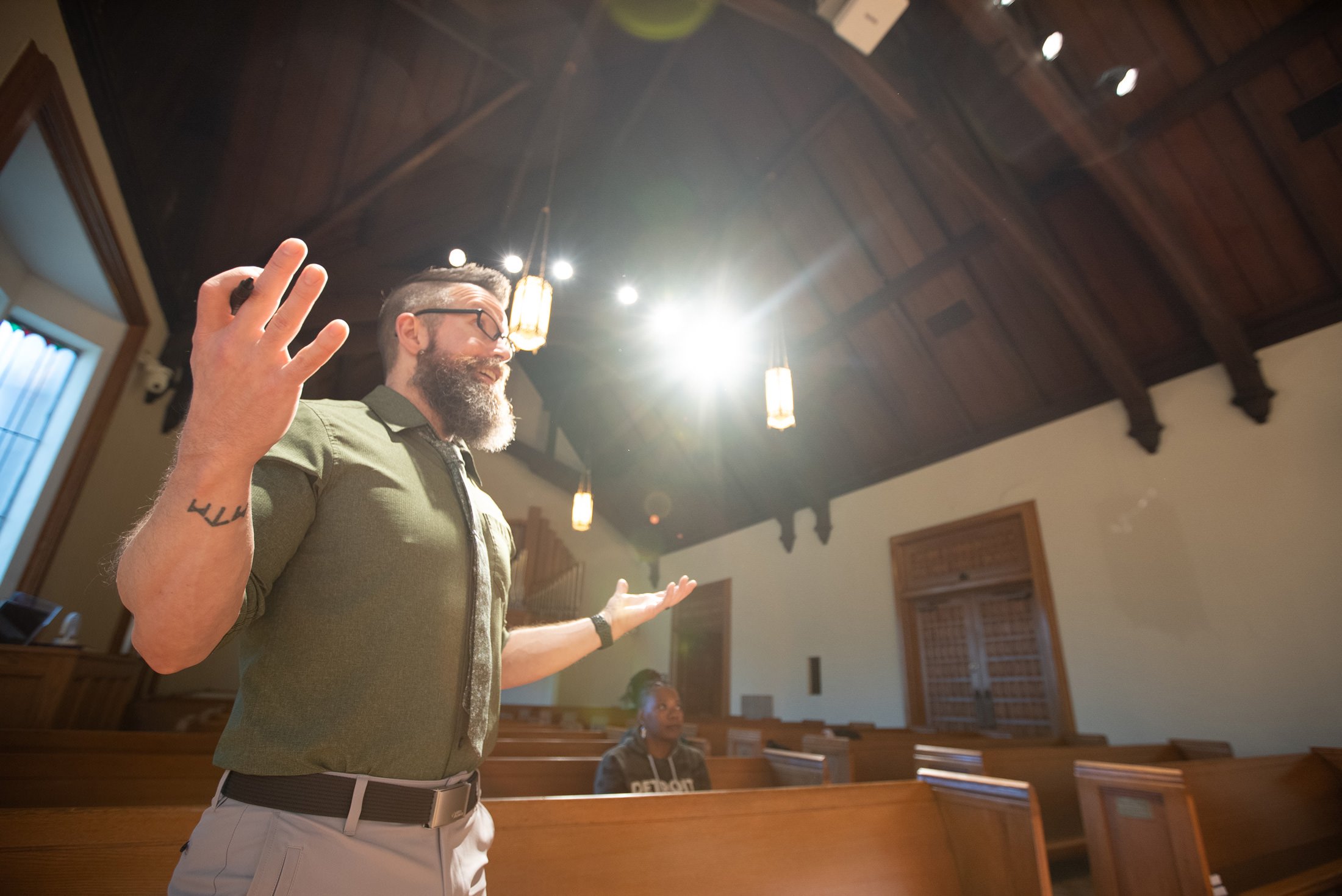
Is that a sermon? Or an overworked treatise on biblical arcana?
Let’s figure it out.
Is that a sermon? Or an overworked treatise on biblical arcana?
Let’s figure it out.
Is that a sermon? Or an overworked treatise on biblical arcana?
Let’s figure it out.
Is that a sermon? Or an overworked treatise on biblical arcana?
Let’s figure it out.
